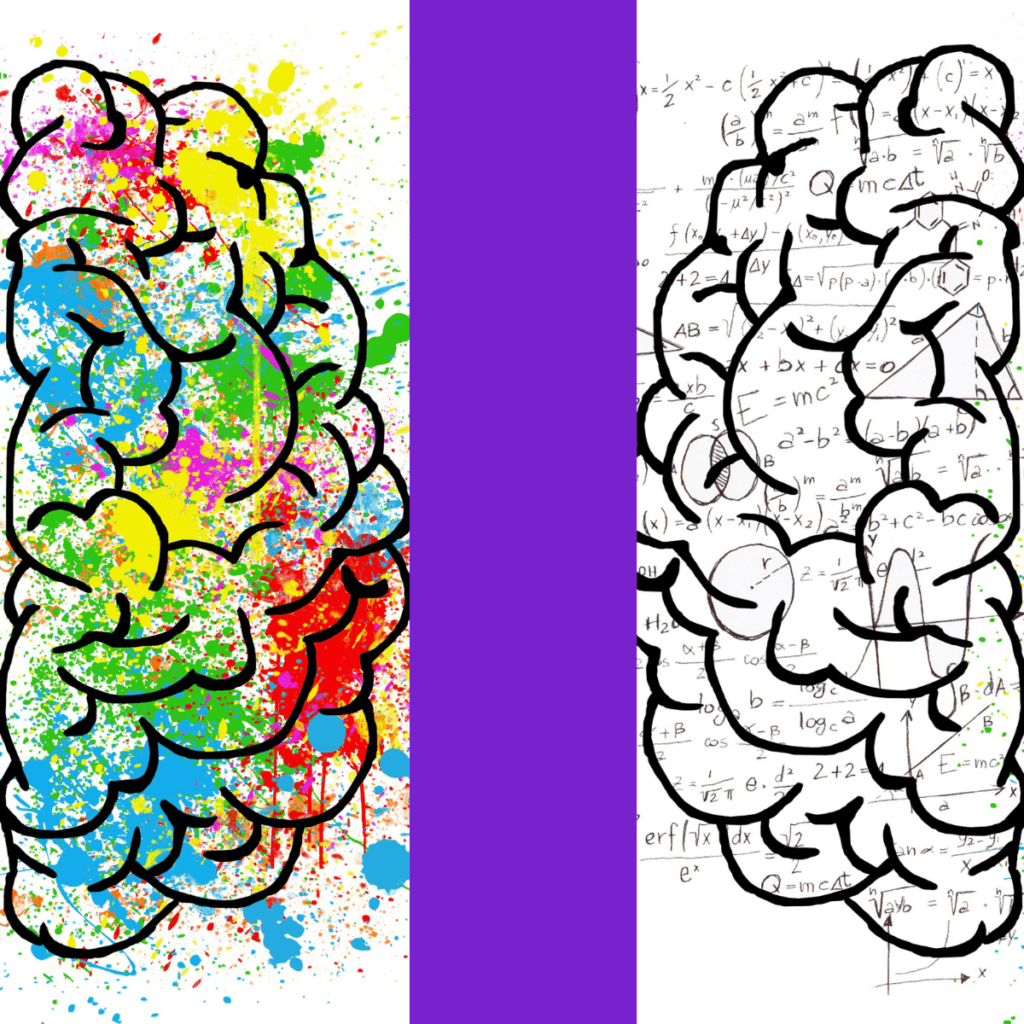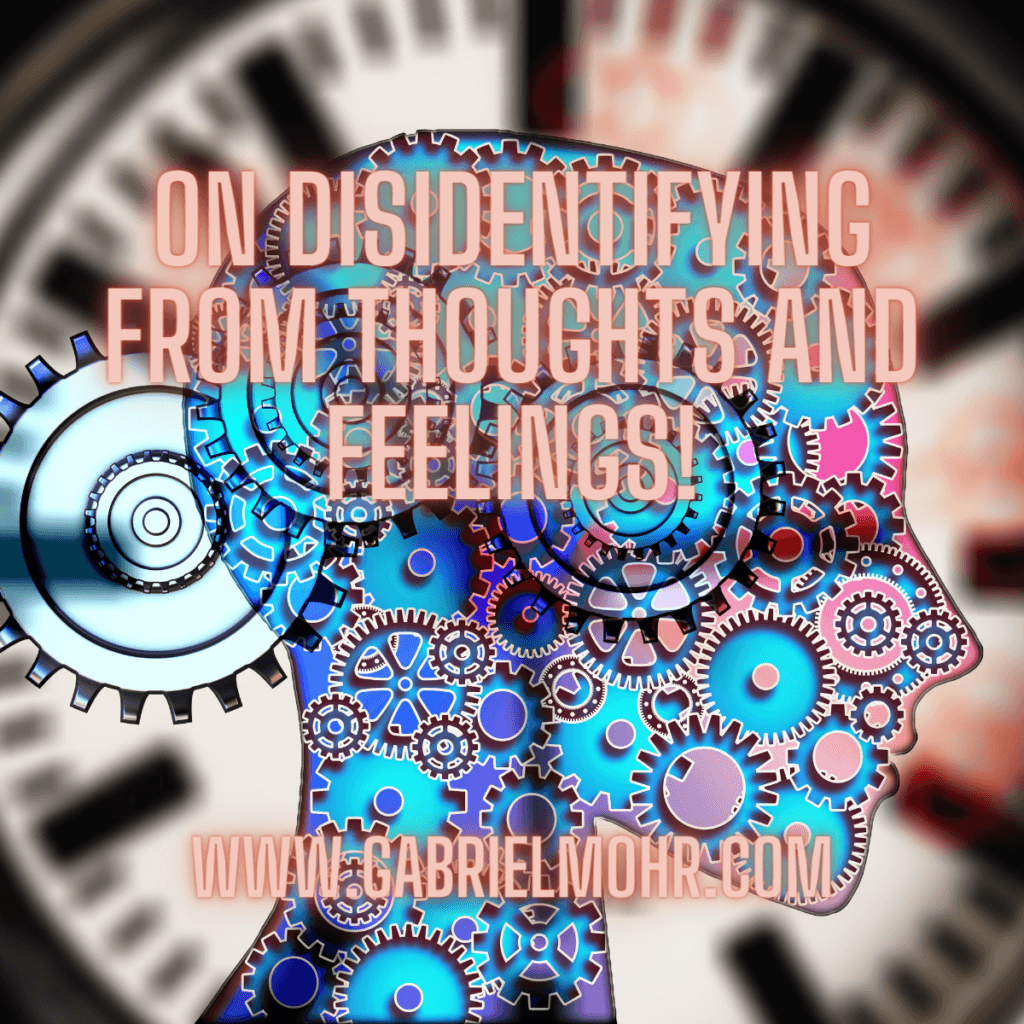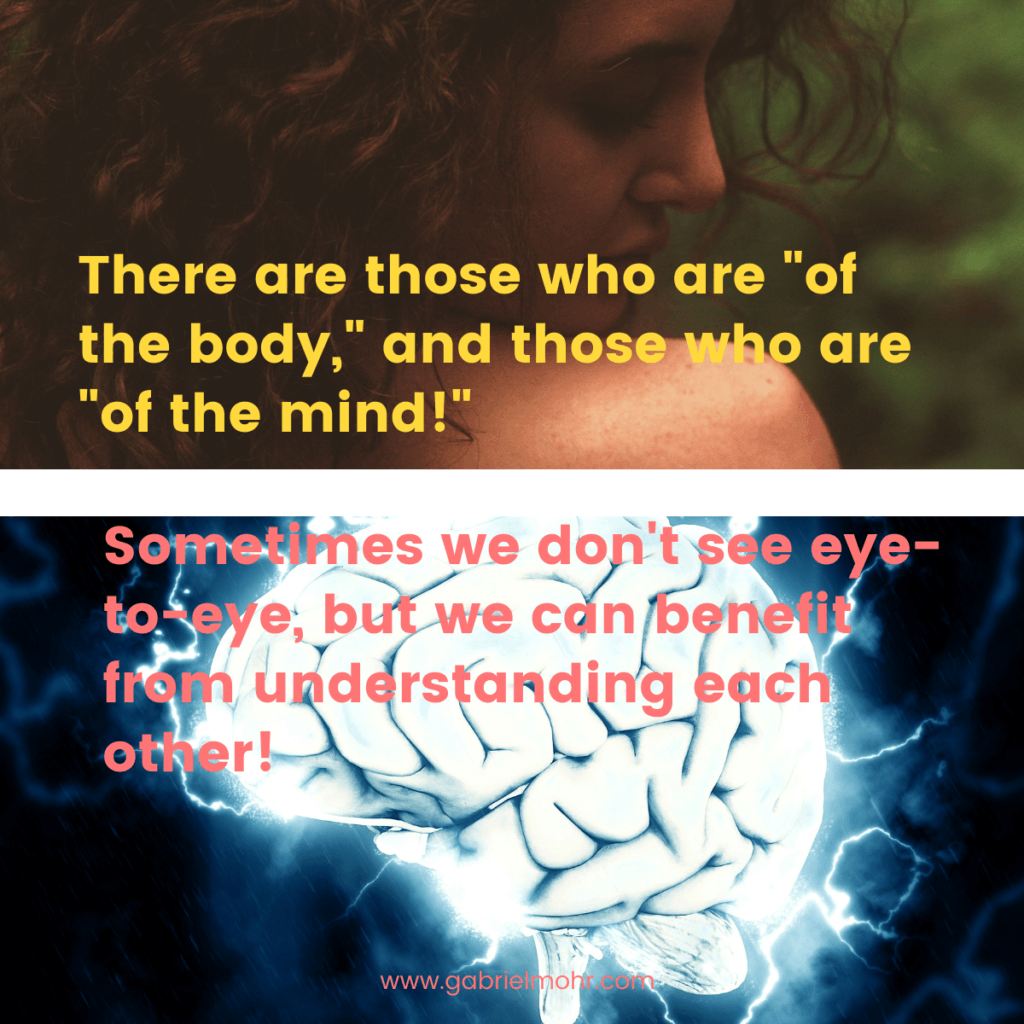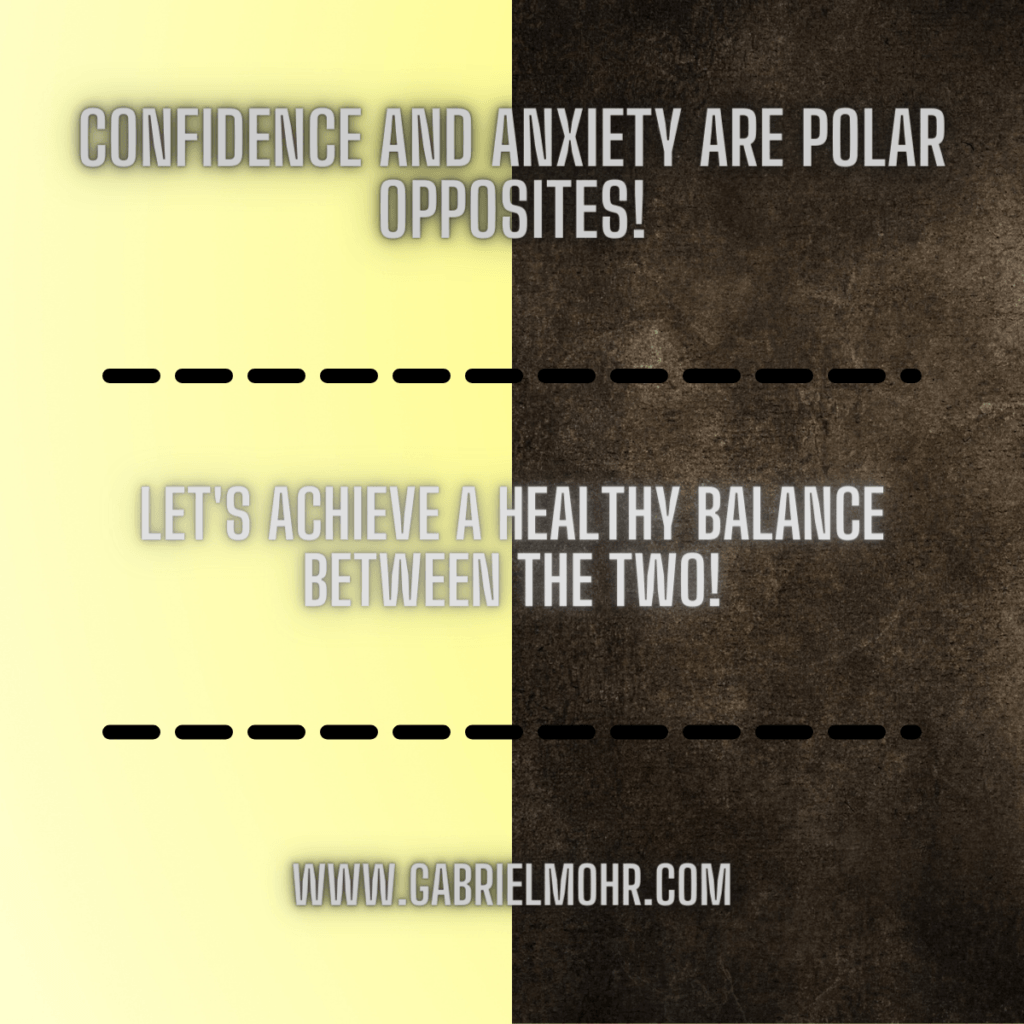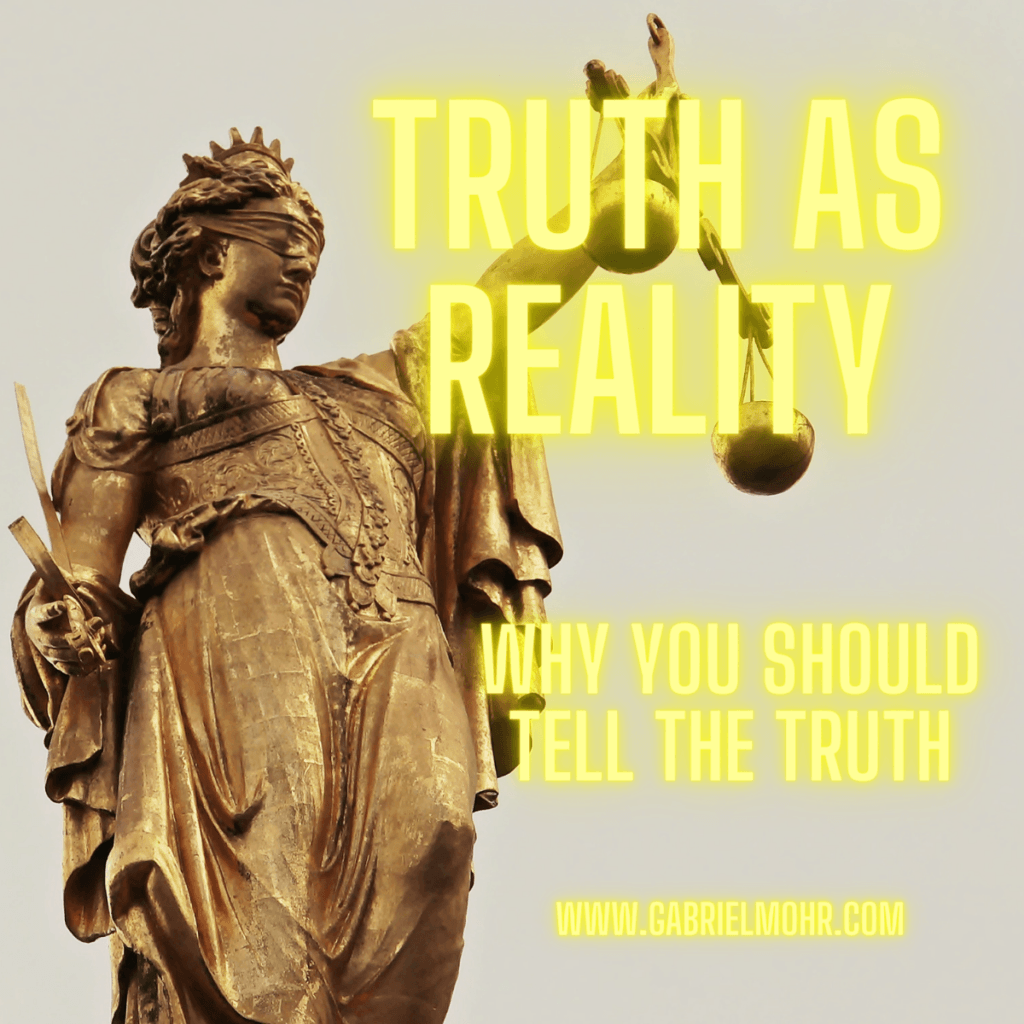
Quick Facts
-The word ‘truth’ can point to a concept (“she’s telling the truth,”), a felt emotional state that we can live in, or both!
-It’s possible to be innocent and not know the truth, but to know the truth and ignore it is a whole ‘nother ball game.
Intro
Today I’ll be writing about my discoveries about truth, and why it’s one way we can live a (mentally) healthy life. I’ll be writing about the extent I went to to get this information, and how we can think about truth from a different (and I argue better) perspective. Enjoy the read!
The Incident
Some of us instinctively suspect that telling the truth is better than lying. People who lie often have terrible lives in one way or another, but I wanted to know why that is; I wanted to know why there is such a tremendous penalty for lying and such a rewarding experience for telling the truth. I’ve put a lot of research into this post, and what I mean by that is I let myself spend some time in county jail to observe the people who were there.
No, I didn’t ask the guards if I could stay in a cell for the night; I let myself get caught and charged with possession of psilocybin mushrooms and marijuana, which landed me in prison the “legitimate” way. I was only there for 5 days, which seems like a shame, but here’s what happened. I was put in the same cell as a “war vet” (that’s what he called himself, but I’m not sure if that’s the truth).
He showed me scars on his head from a bullet wound, scarring on his chest from open-heart surgery, and what was supposedly a bullet in his knee. His first two scars held true – there was a scar behind his ear that was definitely from a bullet zinging past his head, and there was a scar on his chest that was definitely from open-heart surgery. However, his behavior over the five days was interesting – it was as if he had to prove something to me and that he couldn’t take no for an answer.
He kept telling me about the war and how gruesome it was; he kept telling me about his PTSD, how many prisons he had been to, that he was homeless by choice, that he had a part-time job, and the only reason he was there was because of a drinking problem… In other words, he wouldn’t speak unless he was building himself up. He listened to what I had to say with one ear open and the other closed. That meant helping him solve his problems was out of the question; I simply listened while he spoke and provided emotional healing whenever I could. The others in the jail were more corrupt but only two are notable, and since I never learned their names we can call them Bobby and Randy.
Both of these guys were on their way to state prison, and one of them had been sentenced to 14 months in the county jail alone, which was slightly unusual. They were allowed to spend a lot of time in the main room since they were sentenced to prison. Because of this, Bobby was able to walk around the main room – and did so, constantly. He (seemingly without a care in the world) walked along the outside of our cell doors as if he were the guard making sure we didn’t escape. The reason I say this is because I made sure to stare at him whenever he would pass my cell door, and if he met my eyes I could see the frightened child he was trying to hide.
Randy never did this, but there was something strange about him as well; he was trying (and failing miserably) to play the fool by laughing it off. He disregarded everyone as foolish as well, and often his laughter had a tinge of sadness thrown in there for anyone who was listening closely. Now, these two were best buds, and for good reason – they had never met outside of the prison, but somehow it seemed like they knew each other as childhood friends. They talked for hours and hours about prisons, deep Mexico, where they’ve been, and what they’ve done…
The chatter only ceased when they were in their individual cells or eating their meals. They managed to piss the rest of us off quite successfully.
These guys had something to prove; Bobby had to prove that he was the man by patrolling our cells and Randy had to prove that he wasn’t a complete fool by telling us about his experience and his knowledge. When they met each other in jail they saw each other as “friends” because they were very sad at the core of their being.
This happened on a subconscious level, of course – if they had been conscious of their efforts to cover up their sadness they probably wouldn’t have committed the crimes that got them locked up in the first place.
Having Something To Prove vs. Telling The Truth
Outside of jail, I’ve seen many people share the information they know to cover something we aren’t supposed to see. It’s often unknown to the individual that they’re doing this, and if you ask them what they’re hiding and why they’ll look at you suspiciously as if you were the monster. Enter: Being knowingly ignorant vs. being innocently ignorant.
Being truly ignorant means having absolutely no idea as to the truth of the situation while being knowingly ignorant means ignoring something that you don’t want to face.
All of us are innocently ignorant of many aspects of existence but only some of us are intentionally hiding (probably also ignoring) something. If we hide something (doesn’t matter what it is) we’re concerned about our own safety, but perhaps it’s best to figure out what you’re hiding if you don’t already know and ask yourself, “Why am I hiding this exactly? What do I gain from this?”Otherwise, it starts to build up.
You’ll start to become afraid of other people exposing your secret and you’ll feel the ever-growing need to prove yourself so that the thing can stay hidden. This, then, begins to build and build and build until you find yourself in prison, wondering why society has to be so messed up while probably boiling up in a cauldron of resentment.
The Truth
Once someone thinks it all the way through something interesting happens; they often decide that lying can only bring about unnecessary suffering, so they start telling the truth. Usually, it stings at first, and their friends and family look at them as if they were from another planet – however, somehow this pain feels better than the pain they felt before; this kind of pain is justifiable since they are telling the truth. And, of course, the initial sting slowly transforms into a kind of confidence and self-worth that people can’t help but admire and appreciate.
But why, exactly? Why does covering something up land you in prison and why does telling the truth garner respect? It is simply because lying and truth-telling are both words that point to actual variations of the felt reality. When you lie you are cultivating and living in the felt experience that people tend to label, “Shady, suspicious, sketchy,” etc. When you tell the truth, however, you are cultivating and living in the felt experience labeled as, “Honorable, respectful, reliable,” etc etc.
This is the fact that most of us don’t know; some of us think we should get what we want, however, we don’t. One thing to know, however, is that the means of obtaining what you want will determine the emotional reality you cultivate while you’re reaching for your goal. We’ve all held on to a lie and had it eat us up on the inside and we’ve all told somebody the truth and felt amazing while we did so.
Conclusion
If one were to ask themselves, “What am I hiding and why” and answer themselves honestly and truthfully, something good will begin to happen. If you consciously decide to live in truth all of the time you will begin to see the beauty in life and you will begin to succeed in every way imaginable. Perhaps you already have; if that’s the case then you know what I mean 🙂
